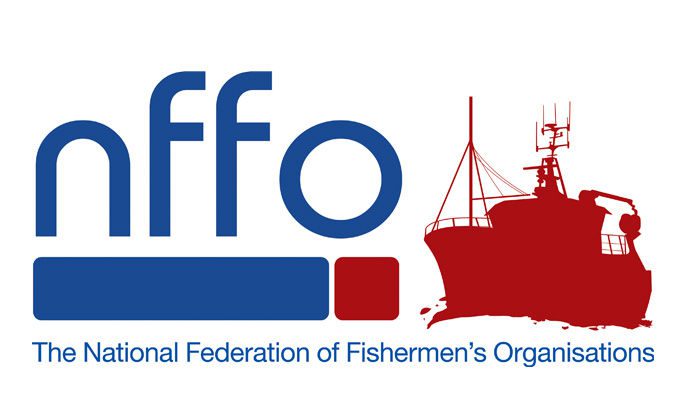19 October 2009
The kind of CFP reforms pressed for by the NFFO, have received a tremendous boost by this year’s Nobel prize for economics.
Dr Elinor Ostrom, of Indiana University, received the 2009 award for her ground breaking book Governing the Commons. Itmakes the case for fisheries governance in which fishing vessel operators could be placed at the heart of management rather than only being subject to it.
Conventional solutions to the problem of resource exploitation where the resource is pooled, have typically involved centralized government or privatisation of the resource. Dr Ostrom argues cogently for a system of management based on a high degree of self-regulation based on commonly agreed rules.
The failure of centralised systems like the CFP according to Dr Ostrom, is that they do not have:
- Access to local knowledge
- Rapid feedback on the effect of policy changes
- The ability to adapt quickly in light of experience
The book is not exclusively about fisheries. Based on extensive research over many years, it addresses the problem of collectively managing shared resources. It is regarded by her peers as “one of the more far sighted and genuinely significant works to emerge in recent years on environmental resource management”. Its significance is that it is chiefly aimed at policy makers, bureaucrats and resource users rather than scholars, and it may therefore be expected to have a significant impact on the imminent reform of the CFP.
Dr Ostrom considers that international donors and NGOs, under the banner of environmental conservation, may have unwittingly have destroyed the “social capital” that underpins durable collective institutions that are organised and governed by the resource users themselves, by supporting centralised solutions.
The kind of successful self-regulation systems identified by Dr Ostrom have a number of features in common. They:
- Include clearly defined boundaries
- Provide for monitors who are either resource users or accountable to them
- Have graduated sanctions
- Are based on mechanisms dominated by the users themselves to resolve conflicts and to alter the rules
It is a system based on:
- mutual trust
- a capacity for close communication
- an ability to enter into binding agreements
- arrangements for monitoring
- mechanisms to avoid overinvestment and over use.
Dr Ostram concludes that “if this study does nothing more than shatter the conviction of many policy analysts that the only way to solve common pool resource problems is for external authorities to impose full private property rights or centralised regulation, it will have accomplished one major purpose”
Responses to the Commission’s Green paper on the reform of the Common Fisheries Policy have to be in by the end of this year. The NFFO, in a range of different meetings and conferences, has been active in advancing the case for a radical transformation of the CFP that would give the fishing industry options to develop the kind of approach advocated by Dr Ostrom. These include:
- Meetings with Defra officials and ministers
- Meetings of the North Sea and North West Waters regional advisory councils
- Meetings organised by Europeche
- A conference organised by the French Regional Authorities
- A conference organised by the Irish Fishing Industry
The NFFO will also play a central role in the major Inter-RAC conference to be held in Edinburgh on 3rd/4th November 2009 on the future of CFP governance and decision making.
Against this background Dr Ostrom’s book, and Nobel prize could not have arrived at a more opportune time.

